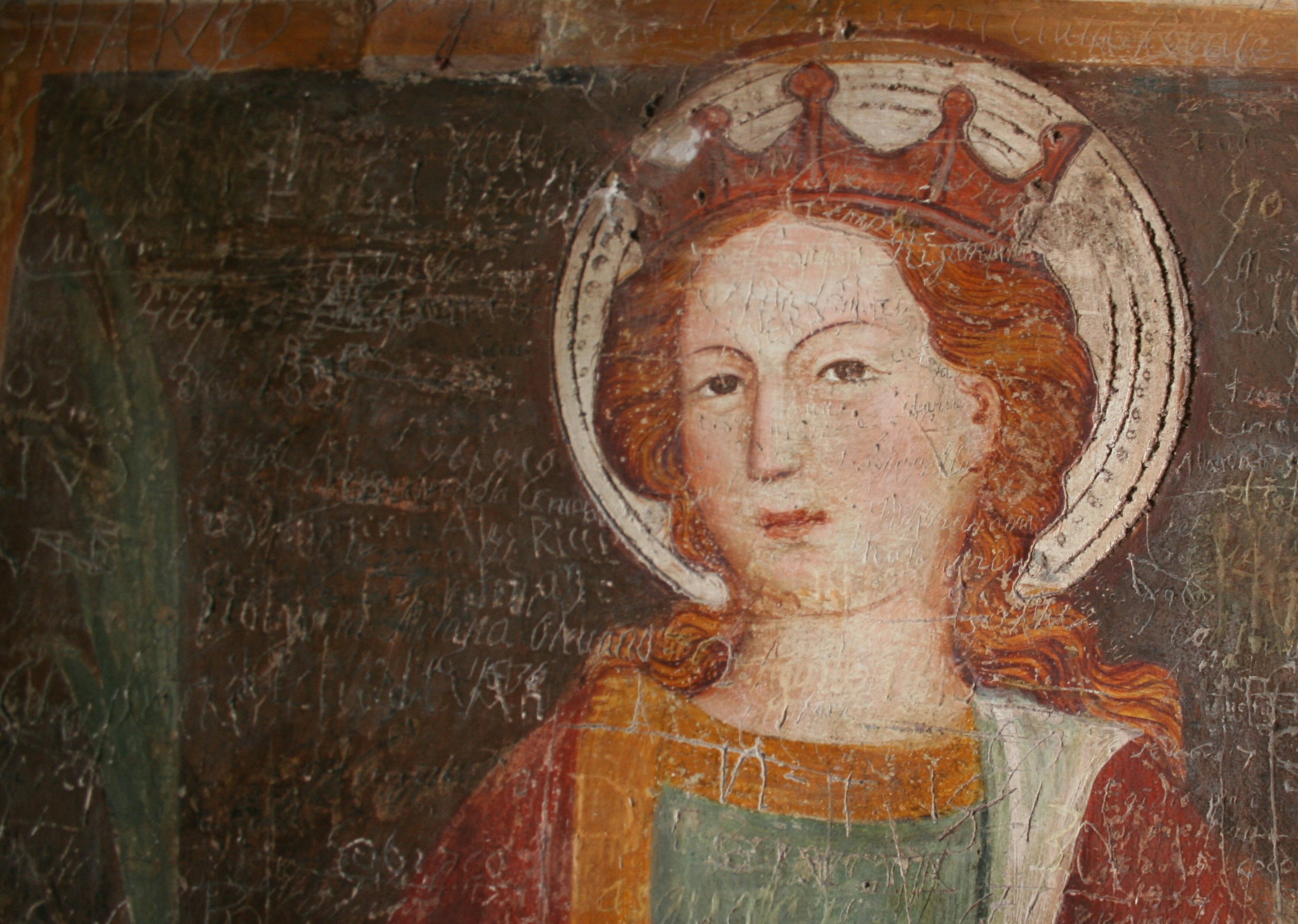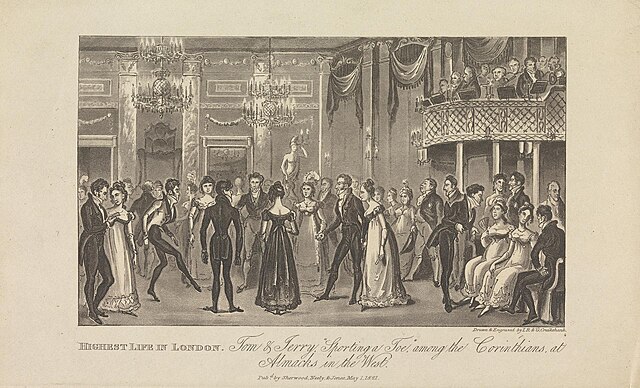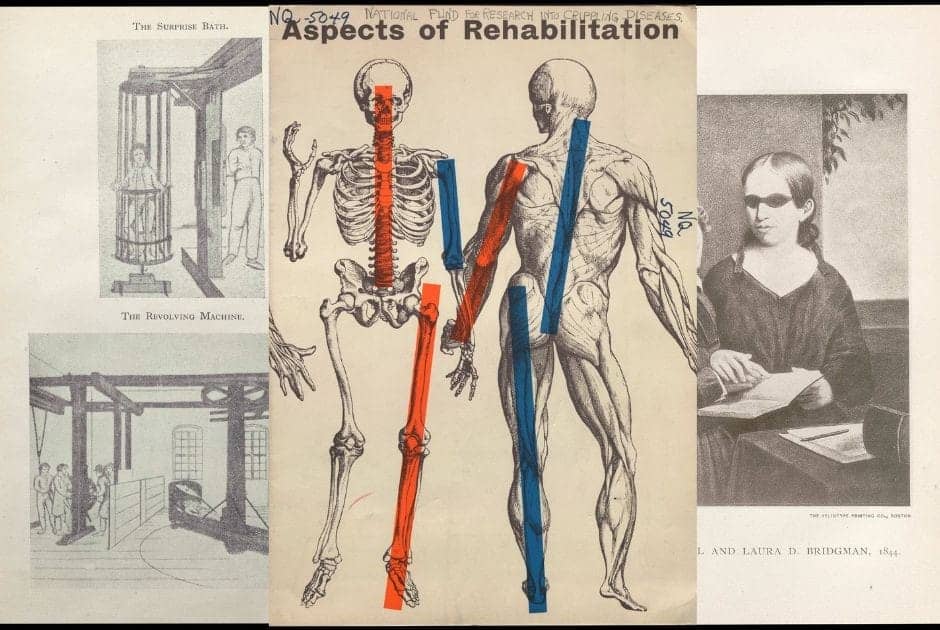│By Eleanor Leese, Acquisitions Editor, Gale Primary Sources│
If, like me, you frequently find yourself wondering what David Bowie would be up to if his time with us mortals hadn’t been so tragically short – last week we got some answers. The BBC reported that David Bowie spent his last months deep in research about eighteenth-century Britain.
The appeal of the eighteenth century is something we know a little about here at Gale Primary Sources, as publishers of Eighteenth Century Collections Online, the largest collection of digital primary sources emerging from that century which is shortly to receive a large additional module in the form of ECCO, Part III. So, of course, the first thing that I did after learning about Bowie’s interest in our favourite historical era was to set about looking for the sources he had been reading. I wanted to see if I could find what had captured his imagination and ECCO did not disappoint.










